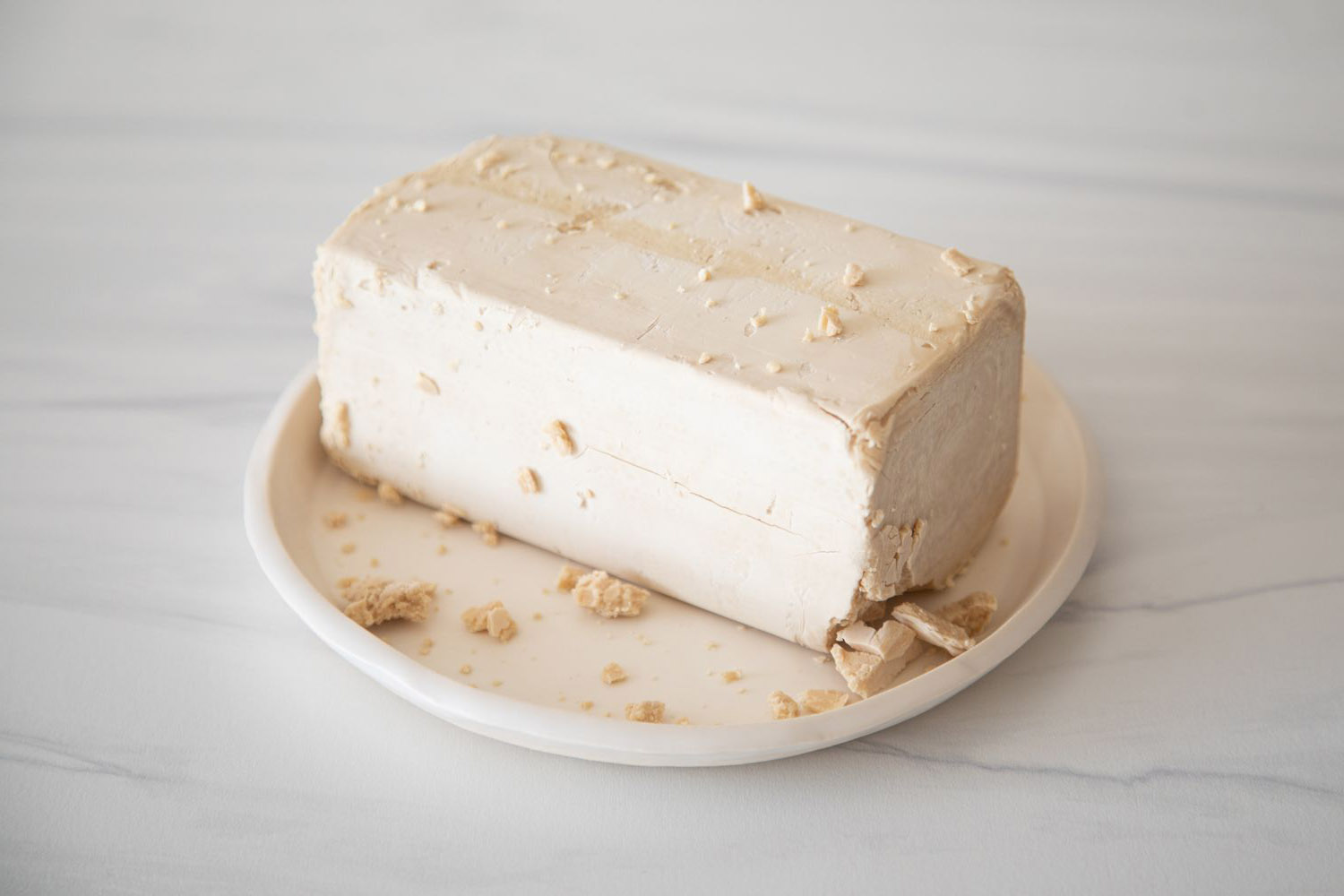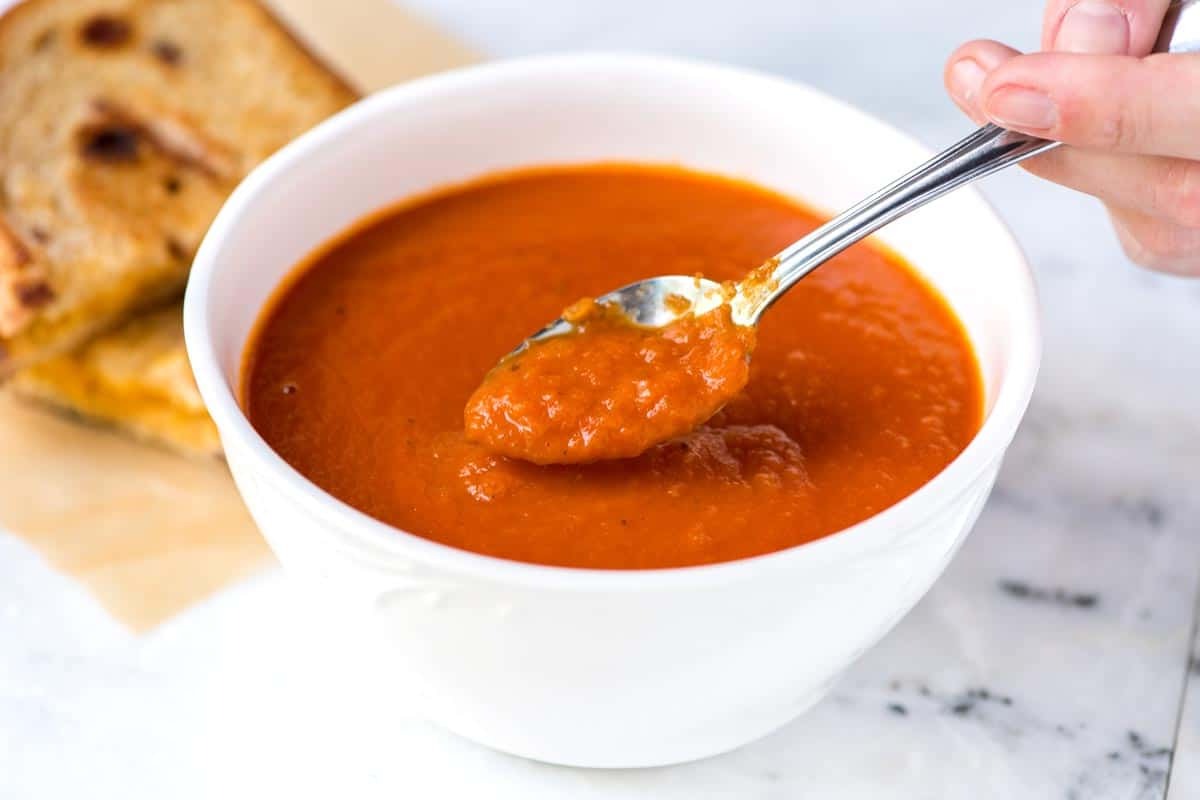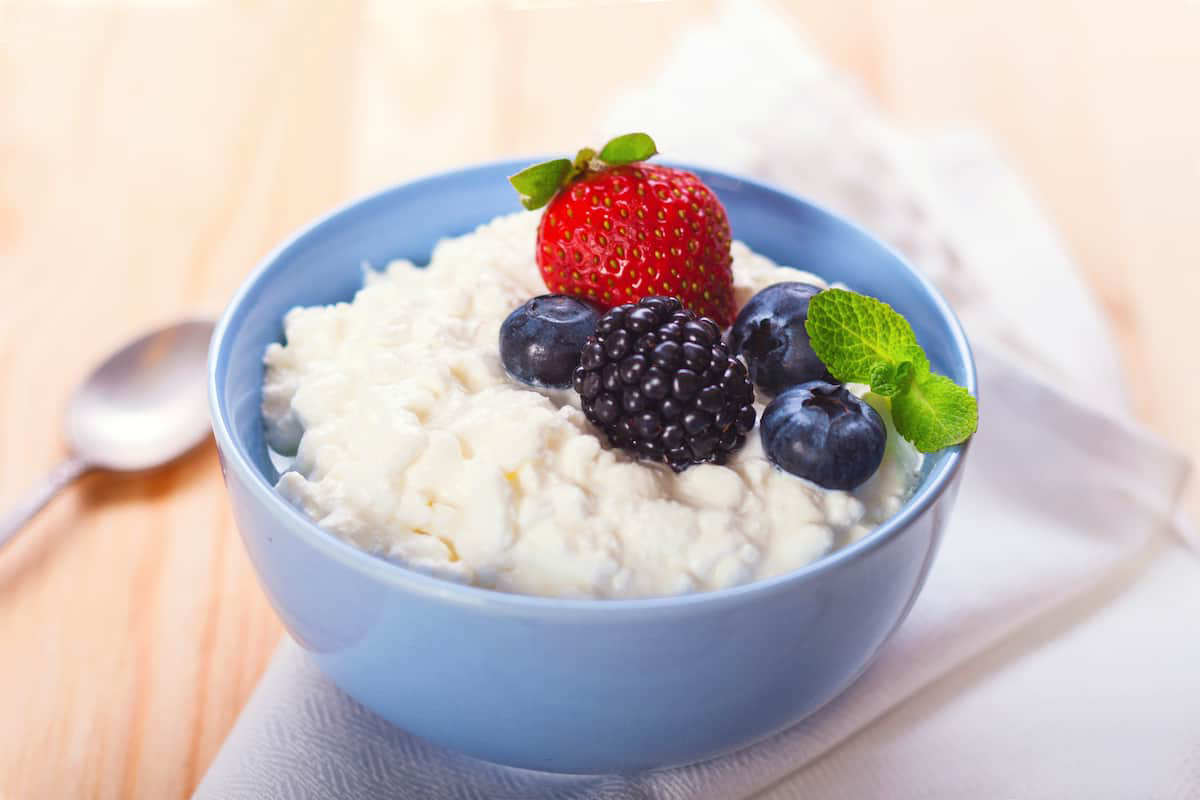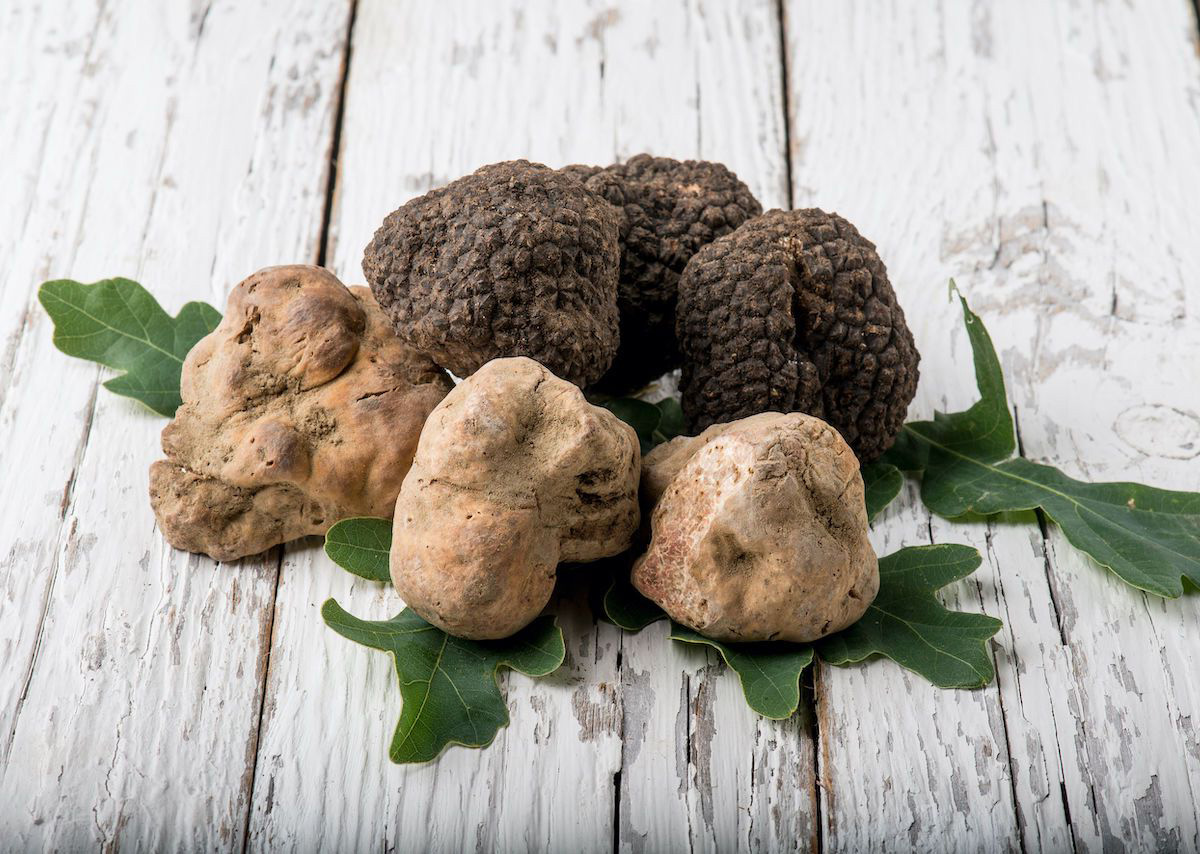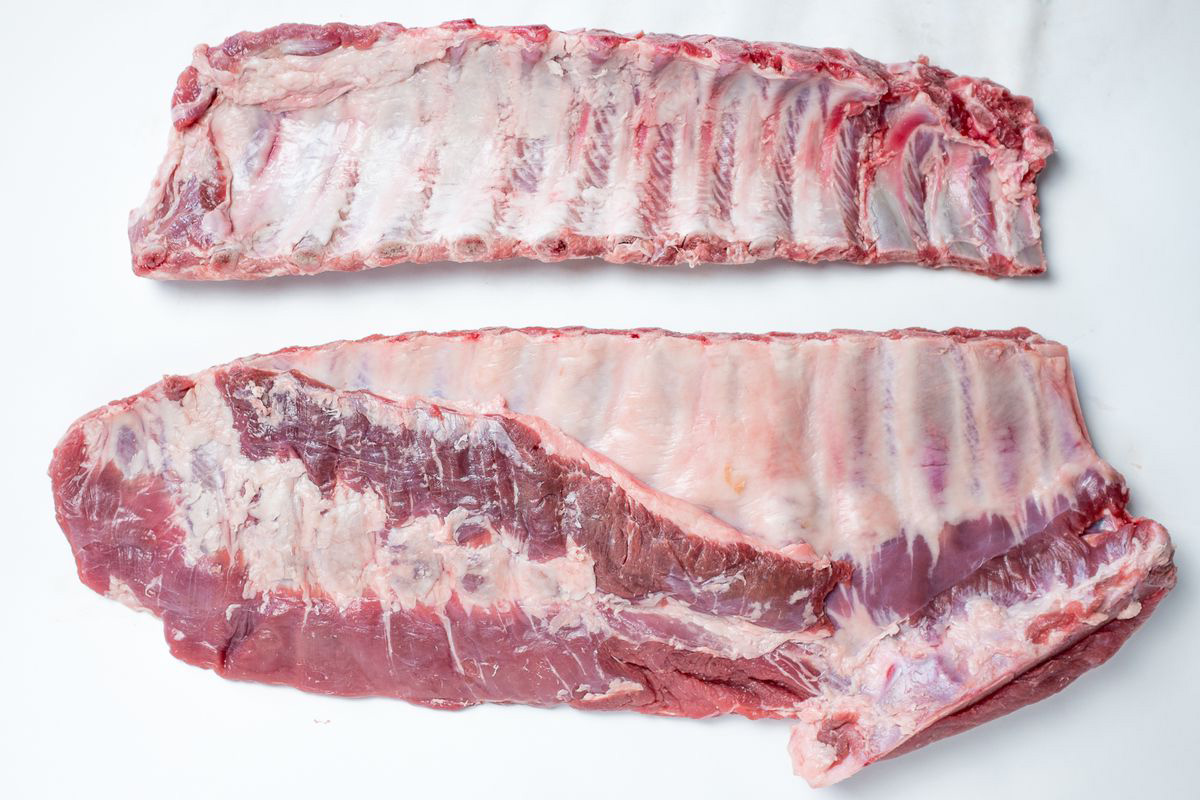Understanding the Difference Between Olive Oil and Extra Virgin Olive Oil
When it comes to cooking and eating healthy, olive oil is a popular choice. However, many people are often confused about the difference between regular olive oil and extra virgin olive oil. Let’s take a closer look at these two types of oil to understand their unique characteristics and uses.
Olive Oil
Olive oil is a staple in many kitchens around the world. It is extracted from the fruit of the olive tree and is known for its versatility and mild flavor. Here are some key points to understand about olive oil:
- Olive oil is made through a process of pressing olives to extract the oil.
- It has a higher smoke point compared to extra virgin olive oil, making it suitable for cooking at higher temperatures.
- There are different grades of olive oil, including pure olive oil and light olive oil, which are often blends of refined olive oil and virgin olive oil.
- It has a milder flavor compared to extra virgin olive oil, making it a versatile option for cooking, baking, and salad dressings.
Extra Virgin Olive Oil
Extra virgin olive oil is considered the highest quality olive oil, prized for its rich flavor and health benefits. Here are some key points to understand about extra virgin olive oil:
- Extra virgin olive oil is made through cold-pressing olives without the use of heat or chemicals, preserving its natural flavors and nutrients.
- It has a lower smoke point compared to olive oil, making it more suitable for drizzling over salads, dipping with bread, and low-heat cooking.
- It is known for its distinct fruity and peppery flavor, which varies based on the region and type of olives used in the production.
- Extra virgin olive oil is rich in antioxidants and monounsaturated fats, making it a heart-healthy choice for cooking and consuming raw.
Choosing the Right Oil for Your Needs
When it comes to selecting the right oil for your culinary needs, it’s important to consider the flavor profile, cooking methods, and nutritional benefits. Here are some tips to help you choose between olive oil and extra virgin olive oil:
- Cooking: Use olive oil for high-heat cooking such as sautéing, roasting, and frying. Reserve extra virgin olive oil for low-heat cooking, salad dressings, and finishing dishes.
- Flavor: If you prefer a milder flavor, opt for olive oil. For a more robust and fruity flavor, choose extra virgin olive oil.
- Nutrition: Extra virgin olive oil contains higher levels of antioxidants and beneficial fats compared to olive oil, making it a healthier choice for raw consumption.
Both olive oil and extra virgin olive oil have their own unique characteristics and uses in the kitchen. By understanding the differences between these two types of oil, you can make informed choices to enhance the flavor and nutritional value of your meals.
Next time you reach for the bottle of olive oil, consider whether you need the mild versatility of olive oil or the rich, flavorful goodness of extra virgin olive oil to elevate your culinary creations.
Was this page helpful?
Read Next: What Is Orange Beef?
